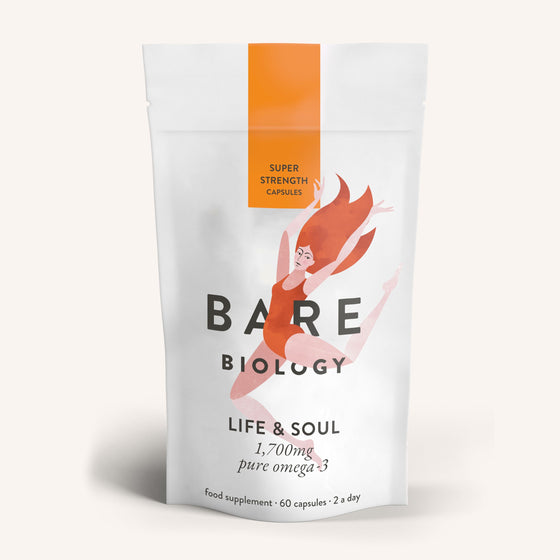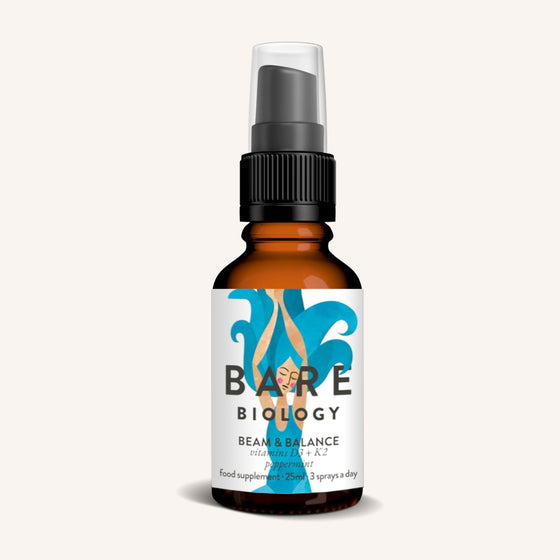After training in mindfulness Mel Hales started to work with businesses and individuals to help improve mental health in the workplace and beyond. She is extremely passionate about the benefits and results of wellbeing programmes, on both the individual and the organisation. Mel is trained in mindfulness-based stress reduction (MBSR) and is a level-one mindfulness-based cognitive therapy (MBCT) teacher. She is also a mental health first-aider. In this article, Mel discusses why making mental health a priority is crucial for a happy business...
Wellbeing has been on the corporate agenda for a while now and whilst it’s great to be building awareness and running programmes, we need to be doing more. Mental health issues are responsible for 91 million working days lost in the UK and now more than ever we need wellbeing programmes that can make a tangible difference to the (physical and mental) health of all employees. It needs to be less of a tick box exercise and more of an organisational effort to do what is required to tackle the mental health crisis we are experiencing.
As humans, we are living in ways that are not natural and not conducive to positive mental health. We spend a lot of time in buildings, suffocated by strip lighting and concrete walls. We spend a lot of time sedentary, depriving our bodies of the movement they need. We are increasingly isolating ourselves from the communities we were designed to live in. We work in environments where we are denied respect and security. All of these aspects are causing us big problems. Alongside these many of us work in company cultures that can exacerbate mental health problems. We work in steep hierarchies where autonomy and respect are luxuries afforded to the few. Our psychological needs are not being met and this is having devastating effects on people’s quality of life, productivity levels and ability to do their jobs.

It’s much easier to blame mental illness on a chemical imbalance in the brain, which renders us helpless to improve the situation. But more and more evidence is emerging to indicate that social and psychological factors are equally responsible, as much as (or more than) anything biological.
We are social creatures by nature because we needed to be, to survive. We couldn’t kill a wildebeest alone or build shelter to protect us from the elements. We needed to work collectively and for that reason we were designed to be incentivised by collective working. The businesses we work in today are our modern version of tribes. But these businesses, like our tribes, need to provide safety to all members of the tribe in order for them to function well.
For human beings to thrive we need autonomy, security, a sense of purpose and social connection.
We need to feel safe. If we feel like our leaders don’t have our best interests at heart or our colleagues might stab us in the back or that there is the constant threat of layoffs, we start to feel insecure. Our body starts to produce more cortisol and less oxytocin. We begin to live in a constant state of fear, which is extremely damaging to our mental health.
So yes, we should still be running workshops and programmes on mental health awareness, nutrition, stress management, but many companies need to address the wider issues that are causing and exacerbating stress and mental health illnesses in their employees. If your leaders do not truly understand this and are not fully on board with finding a solution, than very little will change.
For human beings to thrive we need autonomy, security, a sense of purpose and social connection. The nine or ten hours we spend in the workplace every day provides the framework for our lives and it is here, that those needs can be met. It is wholly possible to create a workplace which supports the meeting of these needs. Many businesses have done it and are reaping the rewards.
Empowering the individual to look after their own mental health is important but it is almost useless if we are not creating environments where they can build and sustain a good sense of wellbeing.
Mel Hales is the founder of Rush Collective, a wellbeing consultancy that helps businesses build and implement wellbeing strategies that make a difference to the mental health of their employees, through consultancy, seminars, workshops and supporting materials. Find out more about their work here: www.rushcollective.co.uk






